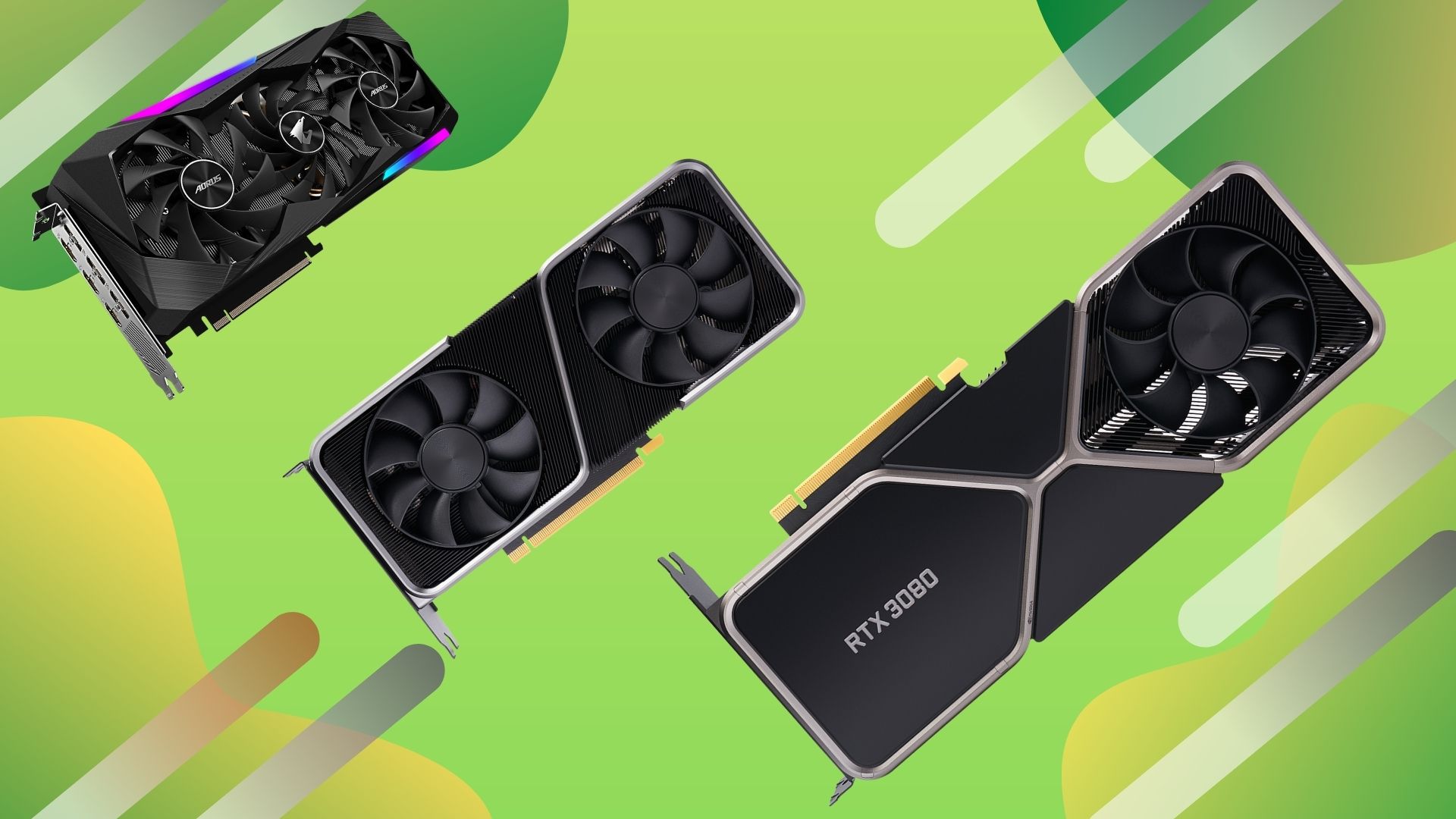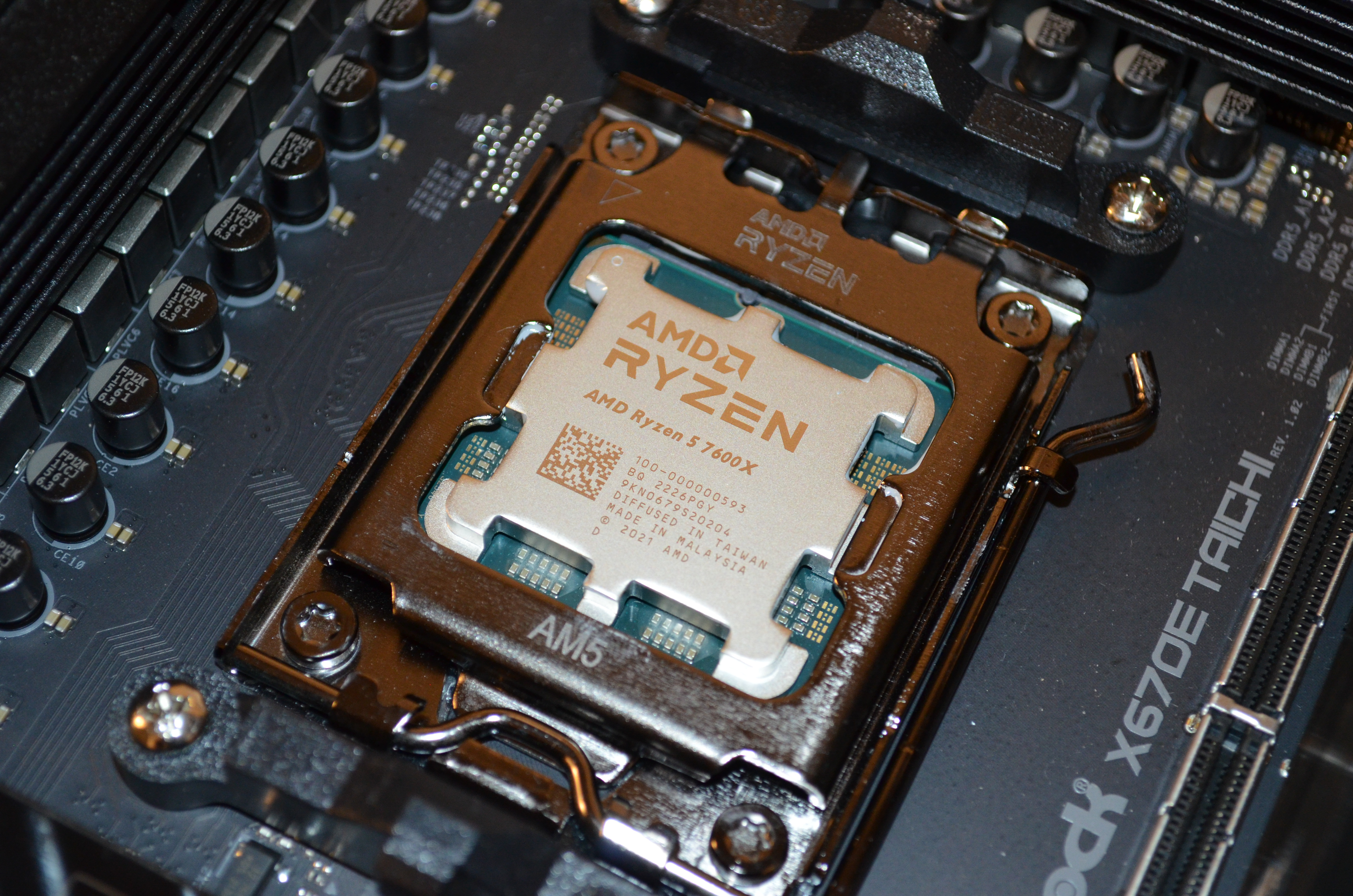I wanted to get into PC gaming, but the language around it is alienating
I was confused - but I didn't have to be

Sign up for breaking news, reviews, opinion, top tech deals, and more.
You are now subscribed
Your newsletter sign-up was successful
Anyone can go out today and buy an Xbox off the shelves.
Though you may have heard debates about the pros and cons of the major consoles, you can pick up an Xbox in any GameStop with a reasonable expectation that you will be able to use it with little to no fuss. The corporation that built it is well known. If something goes wrong, they’re available with ease to help you fix the problem or replace a part.
By contrast, if you click on any major retailer and start browsing gaming computers, you’ll quickly spiral into a confusing, nightmarish labyrinth of RGB lights and buzzwords.
I faced that labyrinth for the first time, sword in hand, at the tender age of nineteen. Before that, it never even occurred to me that building a computer was an option. That was a job for a super-smart engineer somewhere, surely! Then, my brother combined his Christmas and birthday money, along with other savings, to build his very own computer. My eyes were opened.
Committing to the tech

As a penny-pincher, I liked the idea that it would last me years and I’d only have to replace a part or two. As a feminist, I was determined to prove that I could manage such a technical job. Very soon I could be found hunched over my laptop, doomscrolling through selections of graphics cards and motherboards.
I was quickly reminded of why I’d always felt so intimidated by tech spaces: I didn’t understand a single word they said. Even the products sounded like nonsense. A listing titled ‘850W ATX/EPS 12V Active PFC 80PLUS BRONZE 135mm Silent Fan’ isn’t a fan to attach to your case, it’s a power supply - the thing providing all the electricity so that your computer actually works.
Jargon is a natural part of any industry, hobby, or profession. You only know what a half-double crochet stitch is if you’ve learned to crochet. Gaming is not an exception; a role-playing game has a specific definition that you probably only know if you’re on the inside.
Sign up for breaking news, reviews, opinion, top tech deals, and more.
However, gaming and the tech industry seem to lean on buzzwords and acronyms more than any other. A quick google search will easily return articles like ‘23 Phrases To Sound Like You Live In Silicon Valley’ and ‘99 Terms You Need To Know When You're New To Tech.’ Computer components are known as the GPU, HDD, and RAM instead of the graphics card, hard drive, and short-term memory. The problem even extends to the makers of these components, with names like NVIDIA GeForce RTX 3090 Ti, and to the latest technology, like ray-tracing.
Understanding the jargon

I spent a lot of time googling ‘what is a bottleneck on a computer?’ and ‘what’s the difference between Ryzen and Intel cores?’ Even this endeavor turns up complicated articles that refuse to speak in layman’s terms. They act like the reader is a computer science major who needs to know the technical definition, not a consumer trying to be informed.
For some reason, the tech industry has been especially resistant to evolving its language into something more friendly to the general public.
Can we really blame anyone who gives up? Whether you are buying a pre-built computer or the components to put it together yourself, one question about the hardware leads to another, then another, then another. Computers are an enormous expense, usually upwards of a thousand dollars. We can surely understand why people are hesitant to make such an enormous purchase of an item they don’t feel fully informed about. It’s bad enough when you have to buy a laptop.
Such a wide and vague problem can’t necessarily be attributed to any particular individual. There’s no Daedalus, who built the labyrinth, or King Minos, who ordered that people be sent inside to be eaten by the minotaur.
However, there are real consequences. There are real people who feel overwhelmed and excluded by the language of tech: buzzwords, acronyms, initialisms, and abbreviations.

Building accessibility
Tech will always be technical. There’s no getting around it. We don’t need to dumb it down and, to a certain extent, that would be impossible anyway. But the language we use is important. I have no qualms saying that some people just enjoy feeling superior because they know something that someone else doesn’t understand. You’ve experienced a little version of that if you’ve ever laughed at jokes about how the older generations can’t convert a Word document into a PDF. I know I have.
The upside is: you can make a difference here. We are the culture. We create the norm. You can stop calling them GPUs and start calling them graphics cards. You can explain complicated processes or ideas in simple ways, instead of overly academic, technical language. You can encourage new people to explore a world that has previously been closed to them.
The more accessible we make our language, the more our community can grow. The more our community grows, the more you’ll be able to get out of it, and the less likely you’ll need to explain to someone how to convert a Word document into a PDF.

In the end, I stumbled my way through the process with a combination of good luck and good advice.
Without the input of my brother and a few friends, I would have had no idea that the motherboard you choose will limit every other piece you can buy, or whether the fan should blow air out of the case or into the case (the answer is both, by the way). Even if you’re a little less lucky, I can still share a little good advice.
PCPartPicker can serve as your home base for the computer-building process. It allows you to build a list with all the parts of your hypothetical new computer, helping to ensure you won’t forget some critical component or use two components that aren’t compatible with each other. It also shows you the price of each part and calculates the total cost you’ll be looking at. Lots of other people’s builds on the site are public, too, meaning you can browse them for reference or inspiration.
There are tons of other resources to understand the jargon, help teach you to maintain your equipment, and test how well your computer will run once you know the parts (among other things):
- Plenty of major tech news outlets have recognized how hard it is to break into the computer-building and buying market, and have written guides about how to build them - such as ours! - that detail the role of every component and the critical information you should have. It’s a good starting place, even if you’re just planning to buy a pre-built machine.
- UserBenchmark allows you to speed-test individual components and compare them to other options on the market.
- PC Builds’ Bottleneck Calculator helps you avoid bottlenecks (a problem that arises when you’re using one component that is more powerful than another component can handle, basically).
- Going to the official company website for a particular part - for example, Nvidia graphics cards - can help you understand their naming conventions and the differences between their parts.
- YouTube videos like this one are the best way to learn to put together a computer. They show, step-by-step, things that an article has to try and express with only words. Watch them while consistently referring to the manuals you receive. If you’re ever in doubt, you can often find videos produced by the company that made a particular part to show how it should be installed.
Mission accomplished

When I finished building my computer, I looked at my work with awe. I knew what every component did. I knew how they connected. If I needed to add something, I’d be able to pull it apart and put it back together again.
It was tempting to leave it exposed, not attaching the last side to my case. I had entered the labyrinth and emerged alive, the minotaur’s head in hand. I wanted my trophy, my proof of victory, to be admired. Few endeavors have given me the same sense of accomplishment.
If others are brave enough to enter the labyrinth, they should be helped, not hindered, along the way.